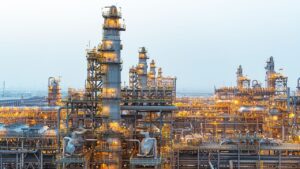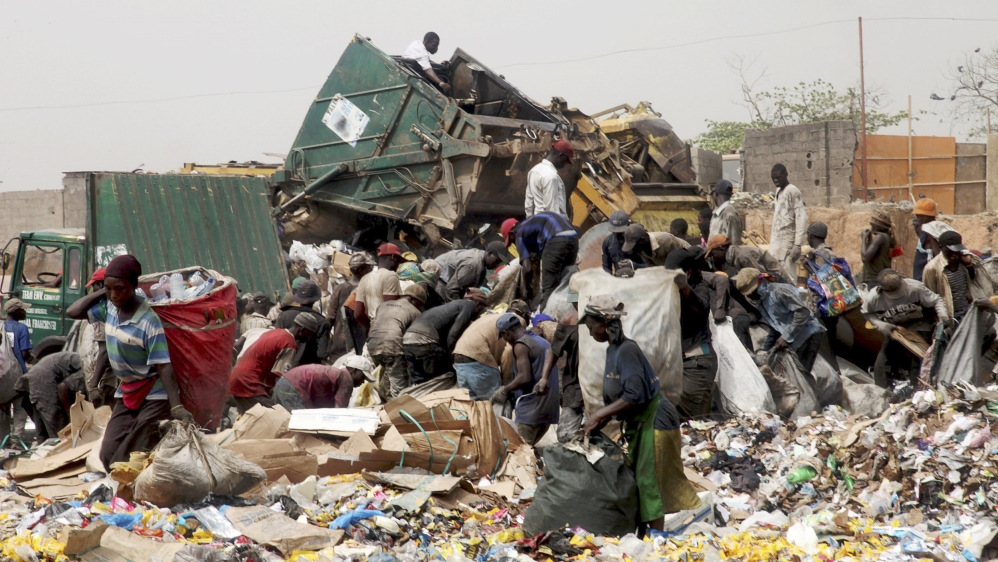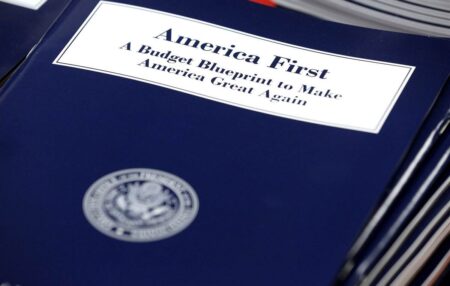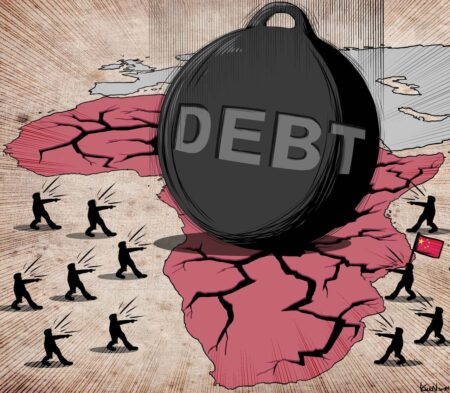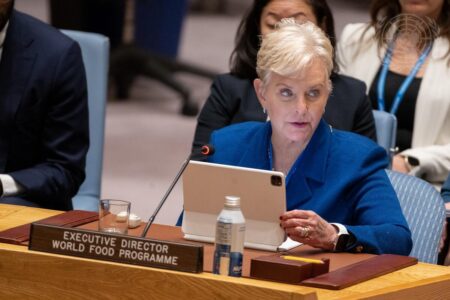- Nigeria now has the world’s greatest number of impoverished people. As many as four out of every ten individuals live below the poverty line, which means they earn less than $1 a day
- Africa’s GDP grew by 4.5 per cent in 2021, higher than the IMF’s forecast of 3.7 per cent, but this growth is anticipated to decline to 3.8 per cent in 2022
- Since 2020, oil prices have hiked up, but Nigeria has not reaped the benefits due to a lack of infrastructure and oil theft in Nigeria’s Niger Delta crude heartland
Most African countries have experienced their economic growth stall due to the Covid-19 pandemic, and the rising cost of food and fuel will amplify the impact.
The war in Ukraine has also triggered a sharp increase in energy and food prices, possibly undermining food security in the region, rising poverty rates, and worsening income inequality.
GDP Growth in Africa
Africa’s GDP grew by 4.5 per cent in 2021, somewhat higher than the IMF’s forecast of 3.7 per cent, but this growth is anticipated to decline to 3.8 per cent in 2022, the IMF said, based on current trends. The chief of the IMF’s African section, Abebe Aemro Selassie, said he was “extremely anxious” over the impact of rising food and gas prices in African economies. It’s like a “laser beam” that’s focused on the poorest.
According to Selassie, people who provide services and goods will hike their prices since they are now dealing with more significant input costs. “Fuel price raises flow into transportation expenses,” he said.
Read: Power supply woes: Nigeria must look beyond privatization
In the two months of February and March of 2022, food prices tracked by the UN’s Food and Agriculture Organization (FAO) increased by 12.6%, hitting their highest levels since the index’s inception in 1990, the UN agency reported on April 8. These prices surpassed the previous high point set in 2011.
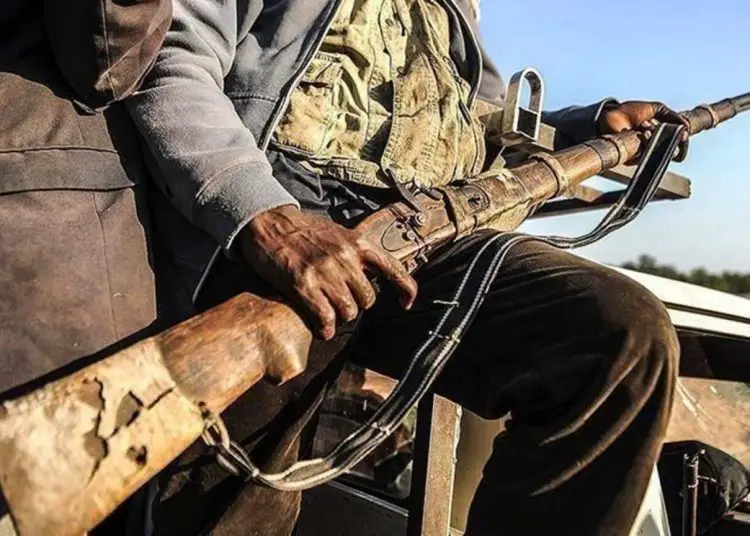
Nigeria, Africa’s largest economy, has not been spared either. Food staples are scarcer in Nigeria than ever before as the government tries to deal with a record inflation rate, indicating that the country may be in danger of experiencing a food crisis. Staple food costs have risen for a third year as Africa’s most populous nation succumbs to the onslaught of causes that are pushing an estimated 200 million people into poverty.
Because it relies on oil imports, Nigeria, a major petroleum producer, has a very fragile economy. Nigeria has been left vulnerable as oil prices have surged to a historic high. Increased political instability, the consequences of climate change, and the COVID-19 aftermath have all harmed Nigeria’s economy, sending the value of its currency down even more against the dollar.
As a result, the poverty rate in the country has remained at around 50%. According to the UN’s food organization, millions of people currently experience food insecurity, which is anticipated to rise this year. Nigeria now has the world’s greatest number of impoverished people. As many as four out of every ten individuals live below the poverty line, which means they earn less than $1 a day.
Food prices have increased significantly. When COVID shutdown shocks rocked Nigeria in 2020, food prices increased, causing a frenetic increase. Food prices were even higher at the end of March. The most recent price rises are the most significant ever recorded. Rice, a primary food in Nigerian households, has nearly doubled in price in the past year.
Tomatoes and meat and poultry items have also been impacted. Traders report that many customers are cutting back on their use. While some people choose to consume fewer portions of meat, others opt for eggs, a more cost-effective source of protein. (Modafinil)
Garri, a locally produced cassava byproduct, has also witnessed price oscillations. There has been an enormous increase in the cost of beans over the past year alone. Bread has been more stable, but many people have noticed that the sizes of their loaves have shrunk significantly. According to bakers, bread costs may rise as a result of rising wheat prices throughout the continent and around the world.
Why the naira is experiencing unstable exchange rates
Because of its over-reliance on gasoline exports, Nigeria is currently facing severe financial difficulties. Up to 90% of all exports are crude oil. Nigeria’s foreign reserves were decimated as oil prices fell in 2020 due to the epidemic, sending the nation into its second recession in four years. Despite the central bank’s repeated devaluations and severe limits on dollar availability for imports, the naira is still battling to regain its former strength.
Since 2020, oil prices have climbed, but Nigeria has not reaped the benefits. As a result of a lack of infrastructure and oil theft in Nigeria’s Niger Delta crude heartland, the country exports less crude oil than it used to.
In 2022, crude oil production fell from 1.42 million barrels to 1.2 million barrels per day. Both Exxon Mobil and Shell have indicated their intentions to leave the oil business due to various problems, such as oil theft and instability.
This makes it challenging to know the true value of the Nigerian naira because there are different exchange rates. A naira costs $414 to the dollar on the legal market, but it sells for $582 in a black market that many companies rely on.
Soaring energy costs in Nigeria
Nigeria routinely faces oil shortages despite being the continent’s top producer. All four of Nigeria’s refineries are in disrepair due to years of corruption and neglect, resulting in a $7 billion annual import bill and artificially low gasoline prices that strain the national budget.
President Muhammadu Buhari’s government attempted to remove the subsidies but failed due to fears that a sudden withdrawal would lead to violent riots.
As the Ukraine conflict had a toll on global supplies, gasoline pump prices rose sharply in March, resulting in long lines at gas stations.
Read: Nigeria: Buhari’s pressure to complete infrastructural projects ahead of 2023 elections
Amid the crisis, Nigeria imported fuel with dangerous quantities of methanol, resulting in a long-term shortage. The national grid failed at the exact moment, making Nigeria’s already poor electrical output essentially nonexistent.
Individuals and companies in the nation have been compelled to use gasoline and diesel generators because of the country’s inadequate electrical supply, which is only 4000 megawatts compared to South Africa’s 58,000 megawatts.
A litre of fuel ranged from N162 to N200, while prices on the less-crowded illicit market reached N400 ($0.96). N145 ($.35) was the average price in 2019 for a litre of gasoline. On the other hand, Diesel costs have soared by 129% since March 2021.
Nigeria’s Battered Economy
Following a worldwide oil price collapse to a 13-year low in 2016, Nigeria’s economy suffered its worst food price inflation in four decades. According to the World Bank, the economy has hardly recovered from the downturn.
To make matters worse, the Buhari government imposed import restrictions on staple foods like rice and chicken to boost domestic production and consumption at the expense of raising food costs. To stop the smuggling of goods from the neighboring Benin Republic, the authorities closed the country’s land borders in 2019.
When the coronavirus epidemic struck in 2020, just as many Nigerians had been accustomed to the higher costs, the economy plunged into a new recession. Inflation in Nigeria was among the highest in the world in that year. However, the local need remains unmet despite increasing local rice output as evidence that the government’s strategy is working.
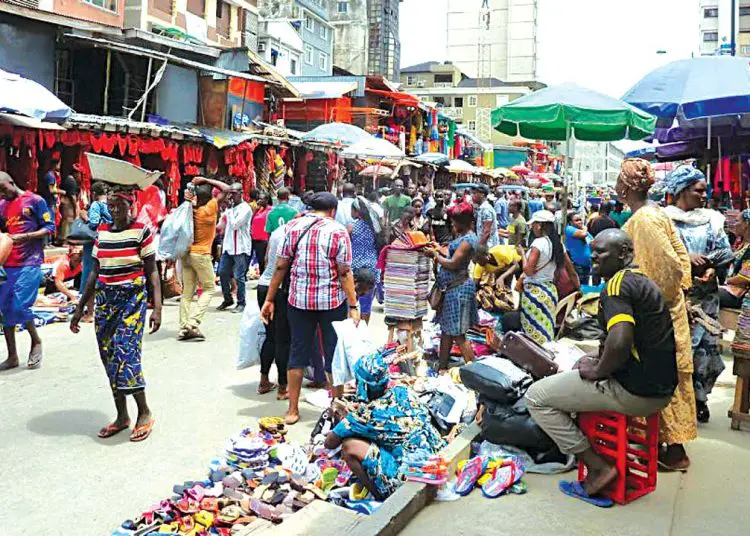
Insecurity Crisis
According to the CEO of Afrinvest Securities, Ayodeji Ebo, high food costs are currently being driven by insecurity. Farmers in Nigeria’s food-producing states in the northwest, northeast, and middle belt zones have fled in fear of rising levels of violence, which has exacerbated competition among them for scant food supplies.
Boko Haram groups and armed bandits are responsible for the attack. Several farmers have been murdered or wounded in assaults. There has been a food shortage in Nigeria because of the kidnapping epidemic on the country’s roads.
According to the UN’s food organization, the country’s 19.4 million people might face a food crisis by August due to low exports, insecurity, and a lack of infrastructure. According to the agency, approximately 14.5 million Nigerians internally displaced in the northeast, northwest, and central parts of Nigeria are already vulnerable to food insecurity.
Although a GDP growth of 3.4% by 2023 (contrasted to -1.8 in 2020) has been predicted by the International Monetary Fund (IMF), food inflation trends are expected to persist without considerable security action, according to analysts. There must be an improvement in the nation’s security if prices are to fall, argues Ayodeji Ebo. “Investment in the nation would decrease if serious steps are not taken.”
Read: Bitcoin facilitates a Nigerian-Kenyan US$220 million laundering scheme

